The 10 Hottest Semiconductor Startup Companies Of 2022
CRN rounds up chip companies making their mark on 2022 despite a turbulent economic situation unfolding.
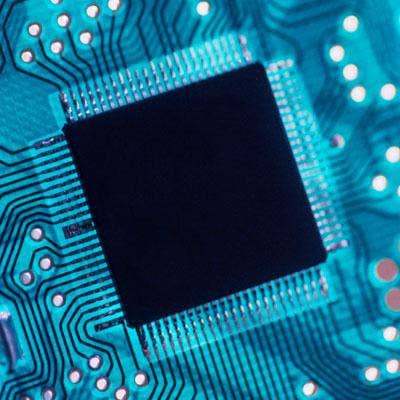
It’s no secret that the semiconductor industry has been facing challenges in 2022 – Intel, AMD, Nvidia and others reported shrinking revenues throughout the year due to macroeconomic hurdles like global inflation and geopolitical conflicts.
But it would be a mistake to count out players in the silicon world - the sector is more than a one-trick pony, and certain segments are thriving even as they face difficult economic times. Companies with a focus on artificial intelligence (AI), machine learning (ML), high power computing, cloud, and intelligent edge business, for example, are booming. These hot emerging technologies are becoming a lifeline for a beleaguered tech sector and innovations are letting companies focus on the future.
And investments are still flowing into semiconductor startups. According to Semiconductor Engineering, 113 semiconductor startups raised $3.5 billion in October alone. Some of the biggest funding hauls were in the AI product and service market – with more than $1 billion raised in that segment.
CRN takes a look at 10 of the hottest semiconductor startups shaking up the industry this year:
* Alif Semiconductor
* Astera Labs
* Atomica Corp.
* Axelera AI
* Cron AI
* Eliyan
* Lightelligence
* Luminous Computing
* Syntiant Corp.
* Quadric
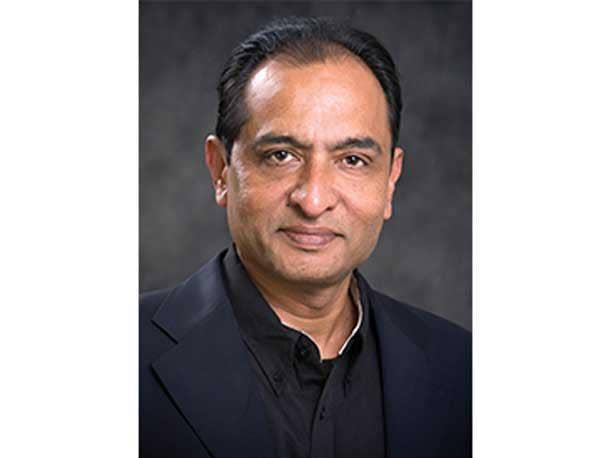
Alif Semiconductor
Top Executive: Syed Ali, founder and chief executive officer
Pleasanton, Calif.-based Alif Semiconductor was founded in 2019 to address the rapidly growing market need for broad, scalable, and connected AI-enabled embedded computing solutions that are genuinely power efficient, according to the company’s website. T
his need led to Alif Semiconductor’s creation of a new class of embedded controllers, or fusion processors, that enable seamless integration of technology for everyday life by unlocking low-power techniques, functional integration, accelerated AI and ML edge processing, highly secure, ubiquitous wireless connectivity, and operating system diversity.
“We founded Alif Semiconductor because we wanted to provide an integrated next generation solution for developers that need efficient AI, wireless capabilities, trusted security and long battery life,” says Syed Ali, Alif Semiconductor co-founder and CEO. “This just didn’t exist until now. We expect the Ensemble and Crescendo families will have a significant impact on the market for next-generation IoT devices.”
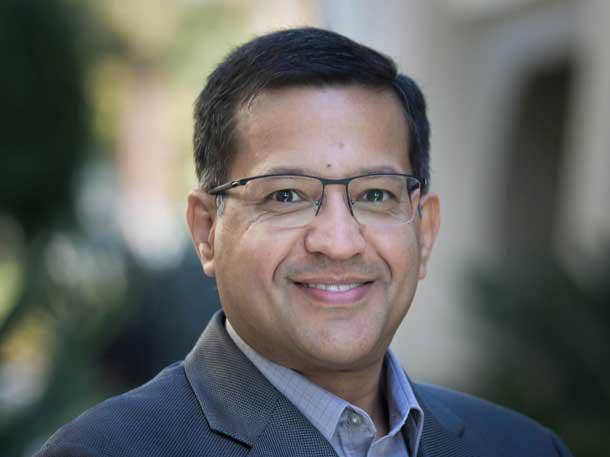
Astera Labs
Top Executive: Jitendra Mohan, chief executive officer
Santa-Clara, Calif.-based Astera Labs recently announced a valuation of $3.15 billion after a successful $150 million funding round.
In five years, Astera Labs has developed three products to enable higher bandwidth, increased memory capcity and better connectivity for data centers through Compute Express Link, PCIe, and ethernet technologies. It’s latest product line – the Leo Memory Connectivity Platform – leverages new CXL industry standards to enable “mainstreaming” of AI and ML (machine learning) workloads.”
“Astera Labs continues to surpass every milestone for a technology start-up, and we are now deep into the next stage of evolution for our company as we accelerate growth,” Jitendra Mohan, Astera’s chief executive officer, said in a statement.

Atomica Corp.
Top Executive: Eric Sigler, chief executive officer
Santa Barbara, Calif.-based Atomica Corp. partners with companies to deliver microelectromechanical systems-based (MEMS) solutions in cloud computing, autonomous vehicles, cell therapy, molecular diagnostics, genomics, 5G, the Internet of Things (IoT), and more.
The company is home to the largest MEMS foundry in the U.S. with a 130,000-foot manufacturing campus. Atomica offers platforms and experience in photonics, sensors, biochips, and custom MEMS. The company recently announced it has raised $30 million in Series C funding from Cerium Technology Ventures, Novo Tellus Capital Partners, and St. cloud Capital.
“As highlighted by the recently passed Chips Act, the U.S. must re-establish leadership in semiconductor manufacturing including MEMS semiconductor chips for emerging applications such as genomics, cell therapies, molecular diagnostics, IoT sensing, and autonomous vehicles,” Atomica CEO Eric Sigler said in a statement.

Axelera AI
Top Executive: Fabrizio Del Maffeo, co-founder and chief executive officer
Eindhoven, Netherlands-based Alexera AI in October closed a $27 million series-A funding round to support the launch and mass production of its first-generation AI acceleration platform, powered by its in-memory computing and dataflow.
The company is set to launch its first platform in 2023 and has already brought on 80 employees in just the past year and a half.
“Our extraordinary team merges complementary expertise in deep learning, in-memory computing, dataflow architecture and AI software with a proven track record of business success. We look forward to launching new AI solutions across the globe that will address the demanding requirements of AI applications at the edge,” said Evangelos Eleftheriou, CTO and co-founder of Axelera AI, in a statement.
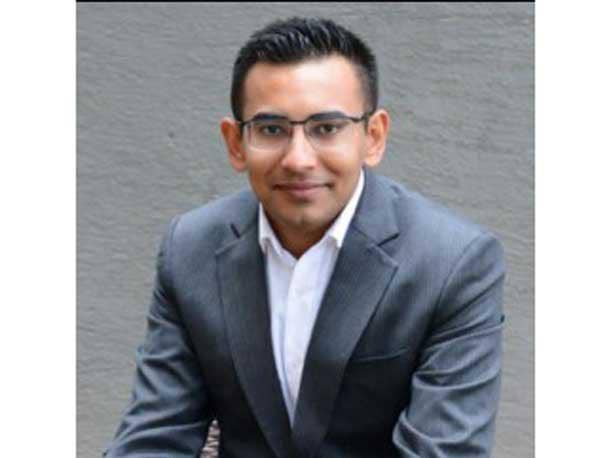
Cron AI
Top Executive: Tushar Chhabra, co-founder and chief executive officer
The London-based Cron AI offers a self-optimising, deep learning 3D data edge inference perception processing platform to address processing requirements at the edge. Products support autonomous mobility, intelligent transport systems, smart cities and spaces, robotic automation and more.
Tushar Chhabra, Co-founder and CEO at Cron AI, said in a statement: “The 3D sensing and automated systems markets are moving towards moon-shot growth, as evidenced by the recent successful SPACs across the value chain. This new investment demonstrates the confidence our investors have in our approach and vision towards becoming the heart of an autonomous future. We are now poised towards global expansion to deliver truly adaptive perception to innovators and allow them to accelerate productization, mitigate time and investment risks, and bring standardization to an extremely fragmented market.”
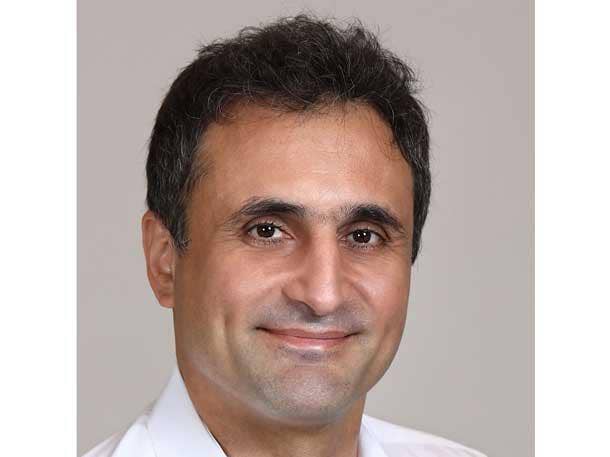
Eliyan
Top Executive: Ramin Farjadrad, co-founder and chief executive officer
Chiplet innovator Eliyan provides an interconnect solution for Universal Chiplet Interconnect Express (UCIe) specifications at twice the bandwidth and half the power. That helped the young company (founded in 2018) raise $40 million in funding this month.
Eliyan says its chiplet packaging method is key to realizing the scale of performance and integration required in a broad range of comput intensive applications for data centers, cloud computing, AI and graphics.
Eliyan founder and CEO Ramin Farjadrad said in a release: “Technology scaling using conventional system on chip (SoC) architectures is hitting the wall, requiring a new approach in how we integrate and manufacture silicon. Our extensive background in developing bleeding-edge technologies in this space led us to focus on a key challenge: interconnect improvements for system-in-package and chip-to-memory architectures as the path to deliver performance scaling.”
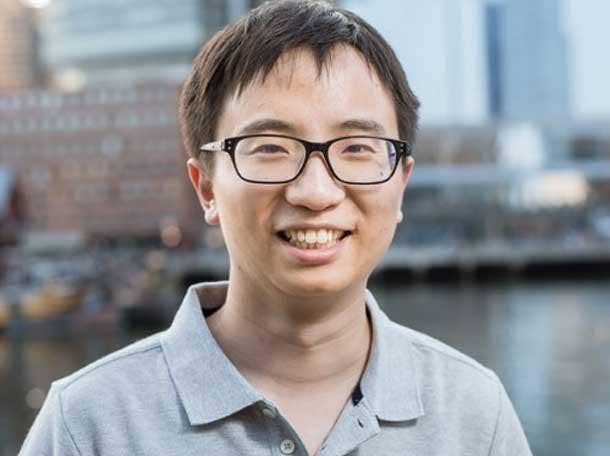
Lightelligence
Top Executive: Yichen Shen, founder and chief executive officer
Lightelligence, a Boston-based chip company focused on optical computing, was founded in 2017. With its technology research and development team and experienced engineering team, through close cooperation with leaders in the semiconductor, cloud computing, finance, autonomous driving industries, Lightelligence has transformed the cutting- edge technology of photonics into a groundbreaking computing solution, which not only brings exponential improvement in computing power, but also dramatically reduces energy consumption, the company said.
Lightelligence CEO Dr. Yichen Shen spearheaded the scientific exploration combining nanophotonics and artificial intelligence, earning recognition as one of MIT Technology Review’s Innovator Under 35 in 2021. “I realized that light could replace electrons to improve the type of computations needed for common artificial intelligence algorithms,” Dr. Shen said of his inspiration. Lightelligence has 91 employees currently active on LinkedIn.

Luminous Computing
Top Executive: Marcus Gomez, co-founder and chief executive officer
Luminous was founded in 2018 by Marcus Gomez and Dr. Mitchel Nahmias, raising more than $126 million in funding to date.
The company is a machine learning systems firm building what it calls the world’s most powerful, scalable supercomputer. “Luminous will fullfil the AI promises made by Silicon Valley 30 years ago, such as eliminating car accidents with self-driving cars and detecting and curing diseases through highly personalized drug discovery and automated health analytics,” according to the Luminous web site.
Luminous’s proprietary integration of silicon photonics technology is a new approach to scaling chip capacity to accommodate the most sophisticated AI algorithms, the company says.
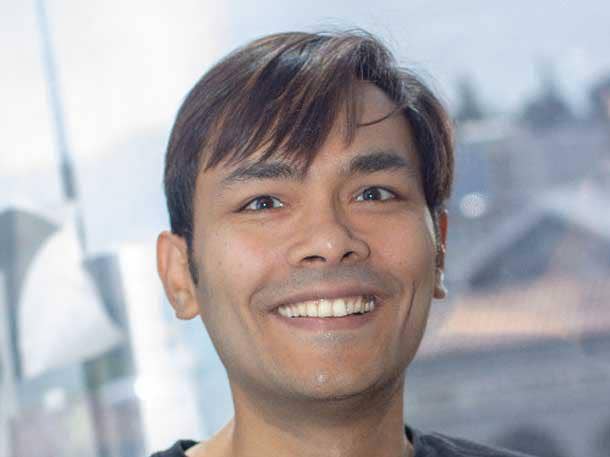
Quadric
Top Executive: Veerbhan Kheterpal, co-founder and chief executive officer
Burlingame, Calif.-based Quadric develops architectures, processor chips, development boards, and software for on-device AI at the network edge. The company says its scalable and configurable solution can handle both neural backbones and classical dyanic data parallel algorithms in a unified architecture, rather than relying on a combination of CPU and NPU.
“The market is saturated with rigid accelerators,” Veerbhan Kheterpal, cofounder and CEO of Quadric, said in a release. “Our product fills the foid with a fully programmable multi-kernal processing architecture.”
Quadric raised $21 million in October in a Series B round.

Syntiant Corp.
Top Executive: Kurt Busch, chief exectuive officer
Founded in 2017 and headquartered in Irvine, Calif., Syntiant Corp. is a leader in delivering end-to-end deep learning solutions for always-on applications by combining silicon with an edge-optimized data platform and training pipeline, according to the company’s website.
Syntiant’s advanced chip solutions merge deep learning with semiconductor design to produce ultra-low-power, high performance, deep neural network processors for edge AI applications across a wide range of consumer and industrial use cases, from earbuds to automobiles.
The company is backed by several of the world’s leading strategic and financial investors including Intel Capital, Microsoft’s M12, Applied Ventures, Robert Bosch Venture Capital, the Amazon Alexa Fund and Atlantic Bridge Capital. The company achieved a growth rate of 3,577 percent from 2017 to 2021, according to its website.
Kurt Busch, CEO of Syntiant, said in a statement: “Before Syntiant, artificial intelligence was relegated to the cloud, unconstrained by area and power. Today, we have shipped more than 20 million neural decision processors and production-grade deep learning models to customers across the globe, bringing highly accurate, cloud-free inferences to all kinds of devices with near-zero power consumption